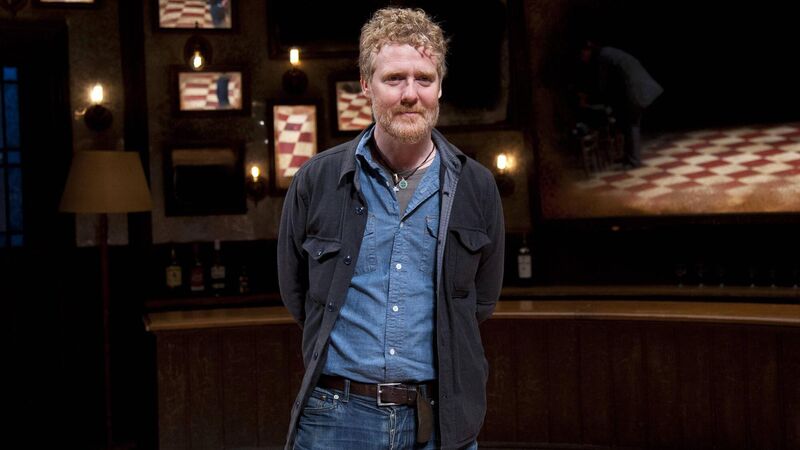Glen Hansard on The Frames, Springsteen and taking the Dart with Letterman

Glen Hansard and The Frames play two gigs at Live at the Marquee in Cork. (Photo by Ben A. Pruchnie/Getty Images)
Late last year, Glen Hansard was surprised to receive a call from an old friend. “Bono asked me to take a train ride with David Letterman.. I was like, ‘Really?’ I’m going to spend an hour on the Dart with David Letterman? This could have been the most awkward hour of my life'.”
Letterman was flying to Dublin to film A Sort of Homecoming, a Disney+ documentary with Bono and The Edge promoting their album of re-recordings of favourite U2 songs. Hansard, an Oscar-winning songwriter and frontman of rock band The Frames, knew both: he busks every winter with Bono on Grafton Street for charity and had appeared on Letterman’s talk show following his starring role in 2007 indie movie Once. And so it was suggested he act as an on-screen go-between – travelling the Dart with Letterman and explaining what U2 meant to him. He had his doubts – but who says no to U2?




